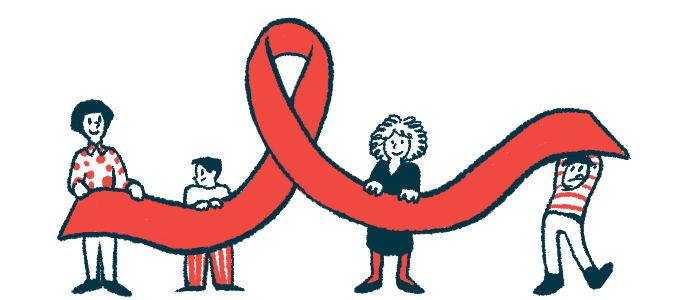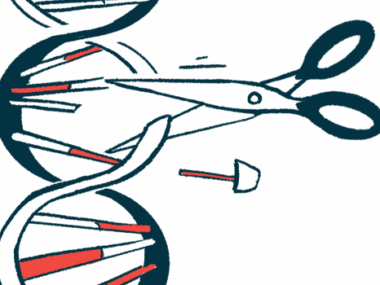This Oct. 23, supporters will mark AADC Deficiency Awareness Day
AADC Family Network aiming to educate others about extremely rare disease
Written by |

Oct. 23 will mark the fifth annual AADC Deficiency Awareness Day: an event aimed at raising awareness and promoting education about aromatic L-amino acid decarboxylase (AADC) deficiency.
The AADC Family Network will host this event, which includes a Facebook live presentation slated for 11 a.m. ET. The nonprofit’s banner states “One day I will walk, one day I will talk, today I can smile.”
The awareness day for this extremely rare disease is marked annually with a communitywide virtual gathering featuring patients, caregivers, advocates, and experts. In previous years, the event featured overviews of basic information on the disease, the journey of patients and caregivers to achieve a diagnosis, and discussions on how gene therapies can be used to treat AADC deficiency.
“This year we commemorate the fifth annual AADC Deficiency Awareness Day, and I am so proud of what we have been able to accomplish,” Kelly Heger, founder of the AADC Family Network, said in a statement provided to AADC News.
Heger’s daughter, Jillian, lives with AADC deficiency.
“When my daughter, Jillian, was born and diagnosed as the fourth child in the world, my husband and I were faced with a complicated world filled with questions. It soon became my mission to help create a community of support and understanding so that no one goes through this journey alone,” Heger said.
2024 marks the fifth annual AADC Deficiency Awareness Day
AADC deficiency is caused by mutations in the DDC gene that lead to low levels of the AADC enzyme. That enzyme is needed to produce the neurotransmitters dopamine and serotonin, which are signaling molecules nerve cells use to communicate.
The lack of these molecules impairs the brain’s development and function, ultimately resulting in developmental delays and movement problems, among other symptoms. While there is no cure for the disease, some treatments have been used to help ease symptoms. Key among these are vitamin B6 supplements, a first-line treatment to increase the activity of the AADC enzyme.
The one-time gene therapy Upstaza (eladocagene exuparvovec), developed by PTC Therapeutics, was approved in 2022 in the European Union and the U.K. as the first disease-modifying treatment for AADC deficiency. It’s indicated in Europe for use in patients ages 18 months and older. The company now is seeking approval of Upstaza by the U.S. Food and Drug Administration.
The AADC Family Network, based in Massachusetts, is a charitable foundation that’s dedicated to supporting all families affected by AADC deficiency. Its mission encompasses various aspects of the disease, including enabling children with AADC to live at home, and providing patients with access to all available treatments — to include gene therapy, should Upstaza be approved in the U.S. The organization also provides financial assistance to families facing economic hardship.
While there’s still more work to do, we have been able to broaden awareness, establish a community to increase research and knowledge, and advance options for children faced with the condition today.
The network is part of the ALADD (Aromatic L -Amino Acid Decarboxylase Deficiency) Foundation, which aims to support research, development of new treatments, and medical assistance for people with AADC. The foundation created the first AADC mouse model for research purposes, and the first database collecting information on disease symptoms and severity, according to its website.
Charitable contributions can be made on the nonprofit’s website, with donations of $100 or more awarded with a Yeti tumbler.
The foundation states that its hope is “to one day have a cure for AADC.” In the meantime, Heger and the AADC Family Network are continuing their efforts to educate others about the disease.
“While there’s still more work to do, we have been able to broaden awareness, establish a community to increase research and knowledge, and advance options for children faced with the condition today,” Heger said.






